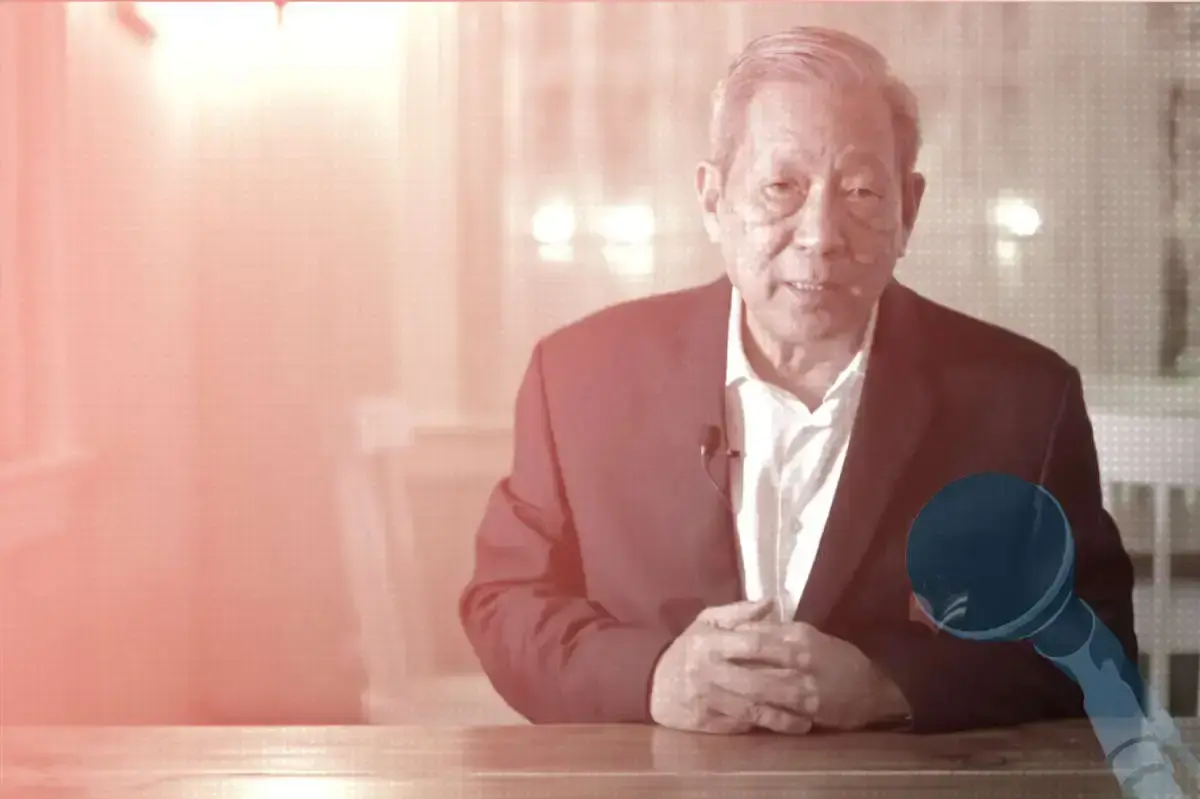'A Golden Friendship:' A recent forum in Thailand underscores China's ambition to manipulate opinion in Southeast Asia - and suggests carelessness reigns down below such high-level events
'A Golden Friendship:' A recent forum in Thailand underscores China's ambition to manipulate opinion in Southeast Asia - and suggests carelessness reigns down below such high-level events

A forum in Bangkok this month underscored China’s ambition to work with local partners in Southeast Asia to impact public opinion there. A closer look at one of the propaganda vehicles meant to accomplish this goal suggests carelessness reigns down below such high-level exchanges.

A forum in Bangkok this month underscored China’s ambition to work with local partners in Southeast Asia to impact public opinion there. A closer look at one of the propaganda vehicles meant to accomplish this goal suggests carelessness reigns down below such high-level exchanges.
On January 17, a high-profile forum on Sino-Thai cooperation in Bangkok brought together journalists, media specialists, and think tank researchers from both countries. Attended by former Thai deputy prime minister Pinit Jarusombat, who in retirement has become a regular on PRC state media to stress the importance of cultural ties, was also an opportunity for Beijing to outline its vision for media cooperation — which emphasizes the dominance of narratives in the favor of China’s leadership.
Pinit serves as president of the Thai-Chinese Cultural Relationship Council (泰中文化促进委员会), which was formed in 2020 as a platform for intergovernmental cooperation, and also as vice president of the Beijing-based International Confucian Association. He said the dialogue, called “Our Golden Friendship,” aspired to “promote the role of the media and think tanks to better connect people.”
But Pinit wasn’t the only VIP in the crowd. Gao Anming (高岸明), vice president and editor-in-chief for the China International Communications Group (中国外文局) run by the CCP’s Central Propaganda Department, was also there to outline China’s vision for media and communication. He described media outlets as “important platforms for disseminating information and channeling public opinion.” The latter phrase, emerging under Hu Jintao in 2008, refers to the CCP’s efforts to better direct public discourse toward the goals and agendas of China’s leadership. It is closely related to another term, “public opinion guidance” (舆论导向), which is a crucial phrase in the CCP’s vocabulary on press and information control in China.
Gao’s reference to “public opinion channeling” (引导舆论) in the context of think tanks and bilateral media cooperation suggested the focus — for China at least — was on manipulating the conversation over Thai-Chinese relations, and moving the agenda in China’s favored direction.
[...]
A simple WordPress-based website for China Report ASEAN offers English-language coverage emphasizing the benefits of Chinese infrastructure investment in Southeast Asia, including Xi Jinping’s signature Belt and Road Initiative. But a closer look at the publication’s online presence reveals an awkward oversight duplicated across the publication’s Facebook page, which has more than 500,000 followers, as well as its Youtube and X accounts. All of these accounts give “chinareportasean.com” as the outlet’s online address. Indeed, registration records indicate that the domain was first activated in 2017, the same year that China Report ASEAN was launched.
Before readers visit this web address, however, they may wish to know that it links not to China Report ASEAN but to a Chinese gambling site. China remains determined to impact global discourse and conduct effective international communication. But in the topsy turvy world of the CCP’s “external propaganda,” where everyone is anxious for results — strange things can happen.

